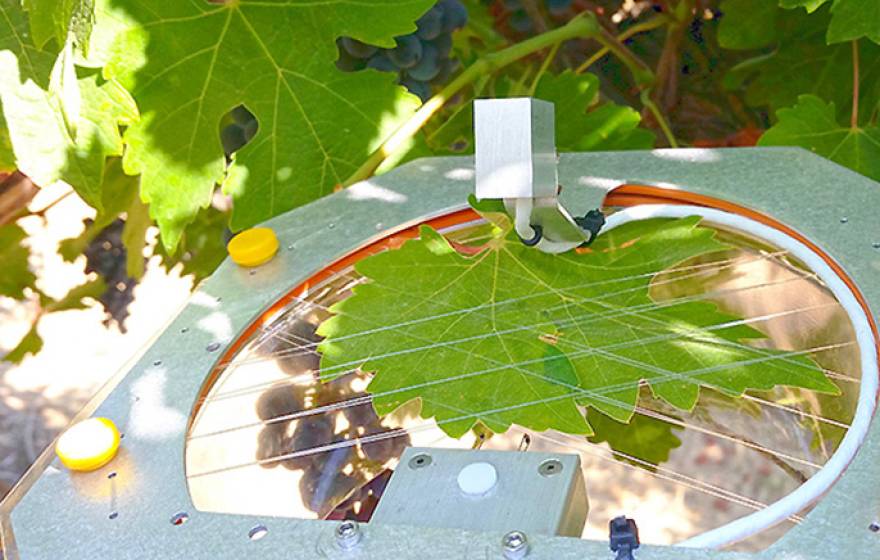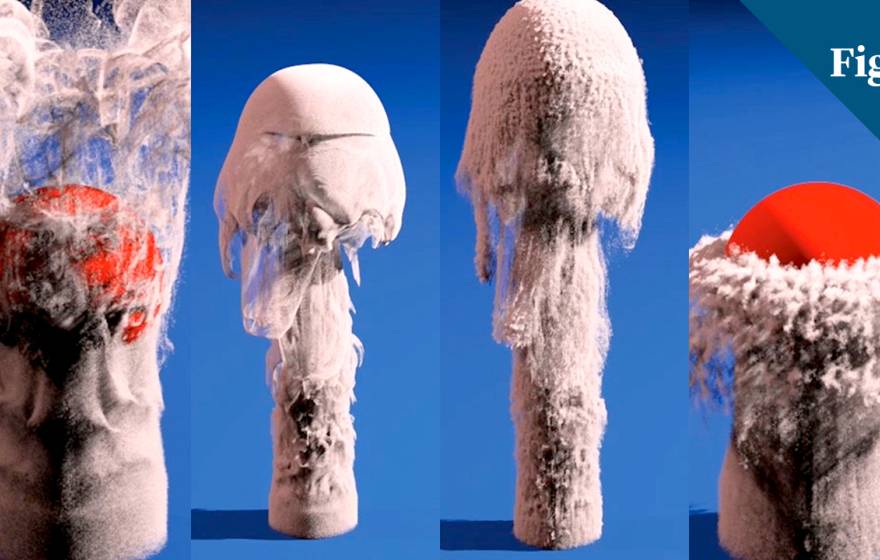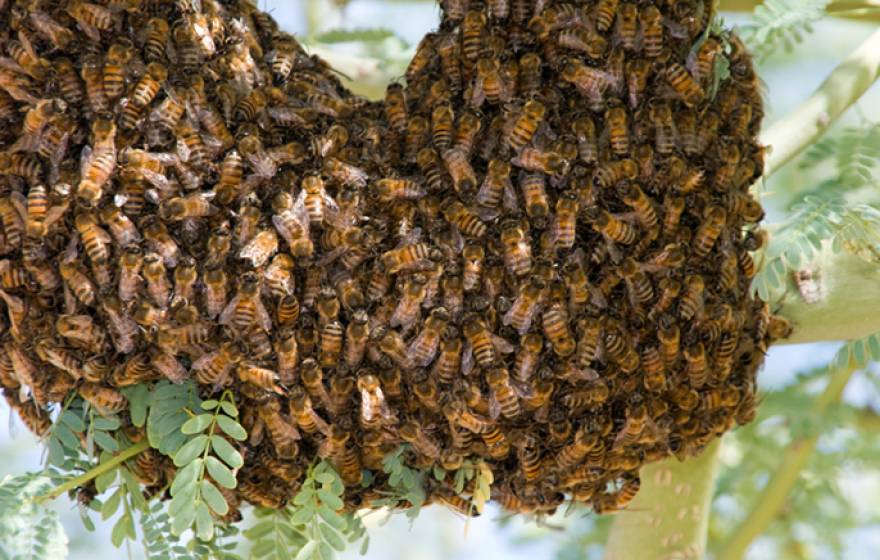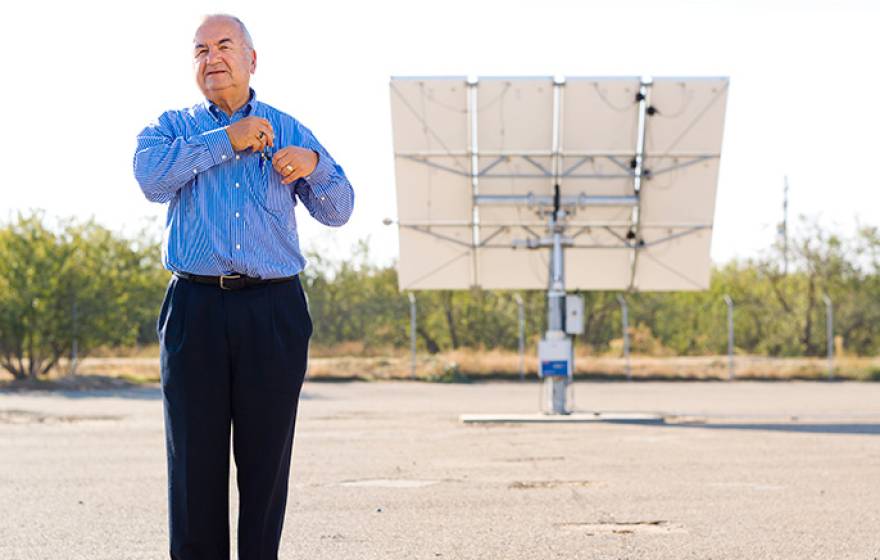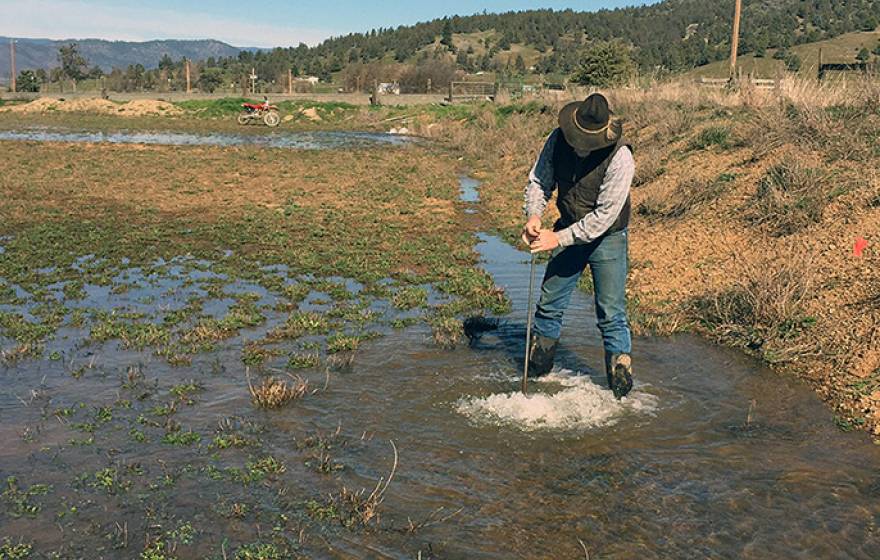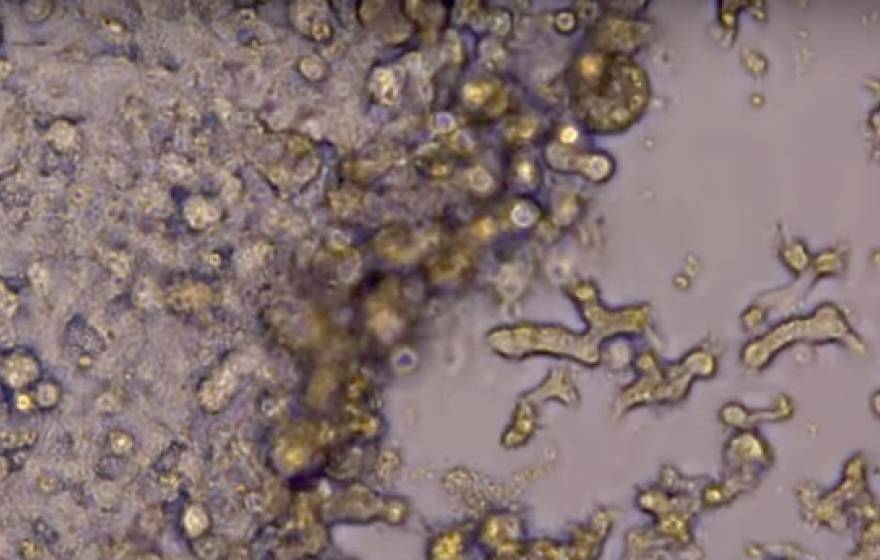Partnership provides the institute with access to new computing, data storage and analysis capabilities.
UC ranked among top innovative universities
Reuters places UC system 13th in its top 100 list of most innovative universities around the globe.
Invention helps California growers optimize water use
Technology developed at UC Davis is giving growers tools to help irrigate more effectively during the California drought and beyond.
Virus in cattle linked to human breast cancer
Odds of breast cancer are greater when the easily transmitted bovine leukemia virus is present.
California needs to up its forestry game
'Wildfire season' is becoming a year-round phenomenon. But there are steps local and state government can take to curb the burn.
The science behind Hollywood explosions
Nobody blows things up like Hollywood. Now, with the help of a tool called Wavelet Turbulence, filmmakers can generate realistic swirling smoke and fiery explosions that are more detailed, easier to control and faster to create.
Stem cells could help mend a broken heart, but they've got to mature
UC Grad Slam winner's stem cell work aims to conquer heart disease.
Study shows Africanized bees continue to spread in California
Africanized bees are continuing to expand their range northward since their introduction into Southern California in 1994.
Sun and salt: how solar tech can help California’s drought
Researchers at UC Merced are turning to an unlikely ally to help solve the problem of water availability for California’s farmlands: the sun.
Southland wildfires: two types, both raging
Santa Ana-fanned fires in autumn spread much faster than conflagrations in the dry summer months, but both will wreak more damage in the coming decades.
Flooding farms in winter may help replenish groundwater
UC Davis researchers are encouraged by early results from tests to see if deliberately flooding farmland in winter can replenish aquifers without harming crops or affecting drinking water.
Next-generation genomic tests ID brain-eating amoeba
New center aims to make tests more affordable and accessible to doctors.


